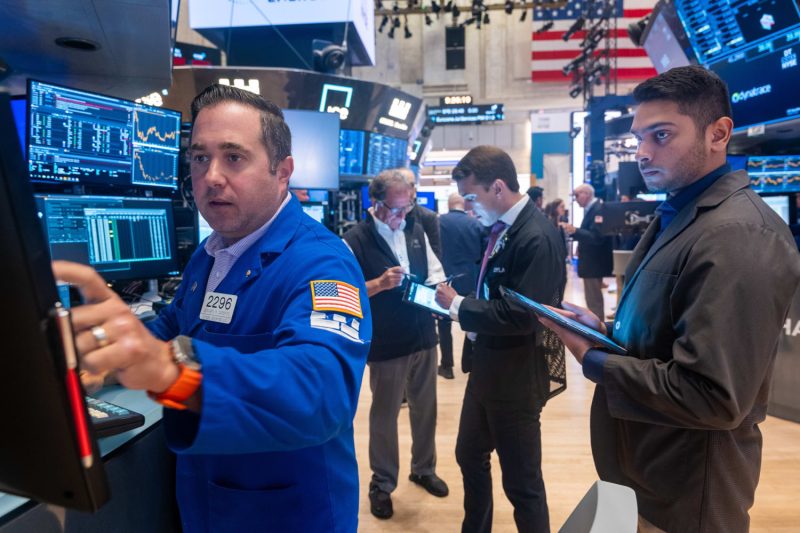The recent substantial drop in the U.S. stock markets has brought about concerns about the state of the economy. The S&P 500 fell nearly 3% while the Dow Jones Industrial Average dropped over 600 points in a single day. This drastic decline has led many investors to worry about a potential economic downturn. However, amidst the anxieties, some economists are of the opinion that the broader economic indicators suggest stability rather than an impending crisis.
While these sharp market declines can signal underlying issues, it is essential to consider various factors that indicate the true health of the economy. Unemployment remains at historically low levels, consumer spending is steady, and wages are gradually rising. These factors are crucial as they reflect the strength of the job market, overall consumer confidence, and the purchasing power of individuals.
Additionally, the Federal Reserve’s recent decisions to cut interest rates have been interpreted as a proactive measure to sustain economic growth. Lower interest rates can encourage borrowing and spending, stimulating economic activity. This move by the Federal Reserve shows that measures are being taken to ensure the stability of the economy.
Furthermore, the ongoing trade tensions between the U.S. and China have undoubtedly had an impact on the markets. The uncertainty surrounding trade policies has created volatility, contributing to the recent market fluctuations. However, ongoing negotiations between the two countries offer hope for a resolution that could provide some relief to the markets.
Some economists argue that fluctuations in the stock market do not necessarily reflect the underlying strength of the economy. Market movements can be influenced by various factors, including investor sentiment, global events, and technical indicators. It is essential to look beyond the daily fluctuations and consider the broader economic landscape.
In conclusion, while the recent market declines have caused concern among investors, it is crucial to carefully analyze the broader economic indicators that point towards stability. The low unemployment rates, steady consumer spending, and proactive measures by the Federal Reserve are positive signs for the economy. By focusing on these key indicators and looking beyond short-term market movements, it becomes evident that the economy may be more stable than what the recent stock market fluctuations suggest.





























